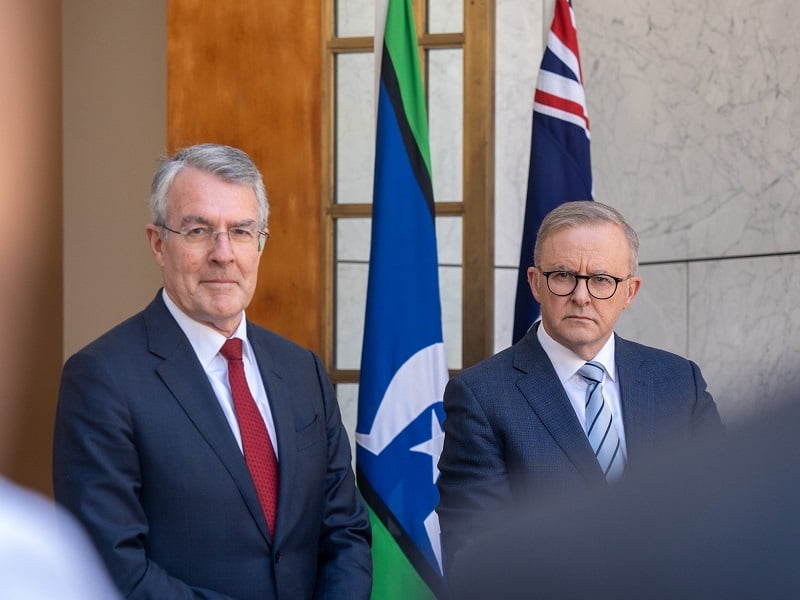New laws for a long-awaited overhaul of Australia’s outdated privacy regime have been delayed, with the federal government now targeting next month to introduce the legislation.
The laws, which were expected to be introduced this federal parliamentary sitting fortnight, are now expected to arrive in the week starting September 9, raising the prospect that the bill won’t pass before the New Year.
It has also emerged that not all of the 106 recommendations from the Privacy Act Review agreed or agreed in principle by the government are expected to make their way into the final bill.

Australia’s Privacy Act reform journey has been four years in the making, having suffered a series of setbacks under the former Coalition government that delayed the release of the final report.
A report containing 116 proposed reforms was eventually released by the Albanese government in February 2023 – a year later than originally expected – and was followed by a response in September 2023.
New tiers of civil penalties for less serious breaches and a specific online privacy code for children modelled on a similar scheme in the United Kingdom are among the 38 agreed recommendations.
A further 68 were agreed in-principle only, including a right to erasure that goes further than the European Union’s data regulations, a statutory tort for serious invasion of privacy and the removal of the small business exemption.
Attorney-General Mark Dreyfus in May said legislation to reform a regime that is “woefully outdated and unfit for the digital age” would be introduced in August, complete with new anti-doxxing reforms.
But at a hearing of the Senate inquiry into Adopting Artificial Intelligence on Friday, officials from the Attorney-General’s department were unable to answer questions on the content and timing of the reforms.
Facing a barrage of questions from Greens senator David Shoebridge, Privacy Reform Taskforce assistant secretary Catherine Fitch eventually confirmed that drafting was underway, but that not all agreed or agreed in-principle recommendations would be covered by the bill.
“We have not issued drafting instructions in relation to all of the proposals which were agreed and agreed in principle… at this stage. I would like to take the opportunity to discuss with the Attorney-General what information he would like to provide,” she said.
A spokesperson for Mr Dreyfus confirmed that the government is now targeting the only sitting week for the lower house next month to introduce the bill, having faced a busy legislative agenda this month.
The delay raises the prospect that the bill, which would almost certainly be referred to a parliamentary committee for review, will drag on into next year, further delaying what has already been a four-year process of reform.
InnovationAus.com also understands that no exposure draft will be issued before the bill is introduced to Parliament, meaning that any changes to the bill will have to occur as part of the committee review.
The privacy bill is not the only bill to be held up; legislation that would require political donations to be disclosed weekly – and daily during an election – is reportedly also now expected next month.
Among the bills to take precedence is the Fair Work (Registered Organisations) Amendment (Removing Criminals from Worksites) Bill, which the Coalition agreed to pass on Monday.
Do you know more? Contact James Riley via Email.

